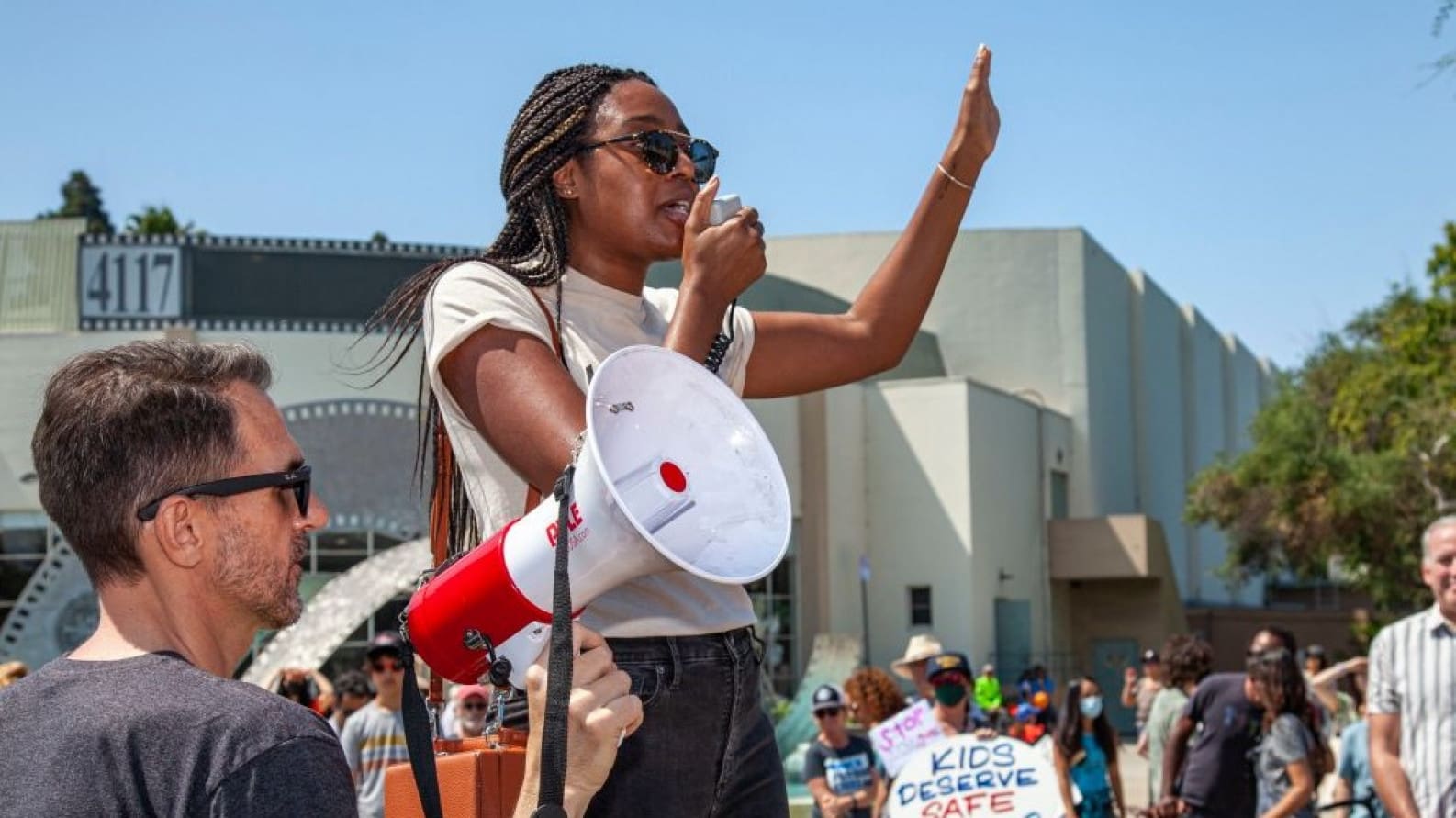A new alert system designed to report and locate missing Black children and women in California, known as the “Ebony Alert,” has sparked outrage and debate among the state’s residents. The announcement and implementation of this system, separate from the traditional Amber Alert, has been met with criticism, with many viewing it as a form of segregation.
Key Takeaway
The introduction of California’s “Ebony Alert” system to report missing Black children and women has generated significant controversy. Critics argue that creating separate alert systems based on race can perpetuate segregation and undermine the urgency of finding missing individuals. The backlash serves as a reminder of the complex issues surrounding racial equity and the importance of inclusive strategies when addressing missing persons cases.
The Creation of the “Ebony Alert”
California Governor Gavin Newsom recently signed a bill into law, establishing the “Ebony Alert,” which will go into effect on January 1st. This statewide alert system will be utilized for missing Black individuals between the ages of 12 and 25, as well as young Black women who are reported missing.
Similar to the well-known Amber Alert, the “Ebony Alert” mandates that local law enforcement agencies inform the California Highway Patrol if they require assistance in finding lost children. Additionally, the legislation encourages media outlets to report on missing Black individuals, further increasing awareness and enhancing the chances of locating those who are missing.
Backlash and Criticism
Despite the intentions behind the “Ebony Alert,” the online reaction has been largely negative, with many asserting that there should not be separate alert systems based on race. Critics contend that this division will allow authorities to determine the speed and priority of their response, undermining the urgency in finding missing Black individuals. Others worry that certain groups may choose to ignore or dismiss “Ebony Alerts” altogether.
The Concerns Over Segregation
A prominent argument against the “Ebony Alert” centers around concerns of perpetuating segregation. Critics argue that such segregated alert systems further entrench racial divides, rather than addressing the root causes and systemic issues that lead to an increased number of missing Black children and women in the first place.
Looking Ahead
The controversy surrounding the “Ebony Alert” has prompted introspection and calls for lawmakers to reconsider the creation of separate alert systems based on race. Critics question if other racial groups will receive their own alerts in the future, with some suggesting alternatives such as a “Juan Alert” for missing Hispanic individuals.


